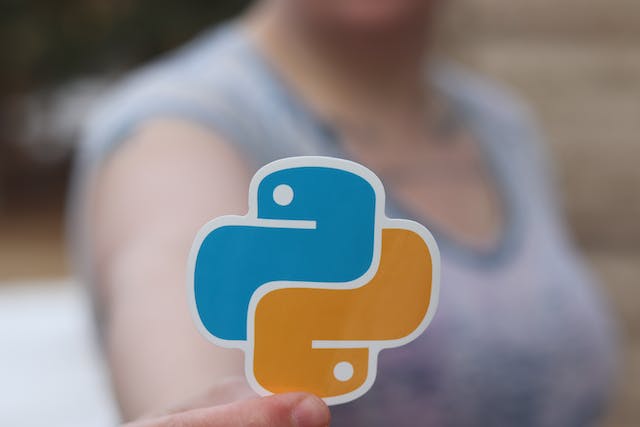Why Learn Python Programming?
21.11.2024

Photo: Pixabay.com / geralt
In today’s technology-driven world, programming skills have become increasingly valuable and essential. The demand for such expertise is evident in the job market. Among the 2,500+ programming languages in existence, Python stands out as one of the most popular. Let’s explore what Python is and why it’s worth learning.
A High-Level Programming Language
Python is a dynamic, versatile, and high-level programming language developed in the late 1980s by Dutch programmer Guido van Rossum. Over the years, Python has evolved through three main versions, with the latest—Python 3.0—introduced in 2008 and still widely regarded as the standard.
Python is often referred to as a prototyping language because it enables straightforward testing of various concepts. Its versatility makes it suitable for applications such as:
- Data analysis and visualization;
- Mobile app and game development;
- Robotics programming;
- Software testing;
- Web development, and much more.
Today, Python is used by over 8 million professionals globally, with its user-friendly syntax being one of its defining features. The language is built on several core concepts, such as variables, data structures, and loops, but its simplicity and lack of verbosity make it particularly appealing.
Key Advantages of Python Syntax:
- No need for special symbols like
;,{}, or[]. - Indentation improves code readability and defines nesting and hierarchy.
- Syntax closely resembles English, making it intuitive for beginners.
Advantages and Disadvantages of Python

Photo: Pexels.com / RealToughCandy.com
Advantages
As a high-level language, Python abstracts many complexities, offering several benefits:
- Efficient development of complex projects: Its simplicity accelerates work on intricate systems.
- Dynamic typing: Developers don’t need to specify variable types; Python assigns them automatically.
- Functions with value returns: Simplifies managing multiple values in structured lists.
- Garbage collection: Automatically removes unnecessary objects, eliminating the need for manual cleanup.
- Extensive libraries: Python’s vast library ecosystem saves significant development time. Community contributions ensure libraries remain updated for reuse in various projects.
Disadvantages
However, Python also has some limitations:
- Slower execution speed: Compared to Java, for instance, Python’s interpreted nature makes it slower. Each line must be explicitly defined, which can be time-consuming.
- Increased memory usage: Python stores multiple variable versions in memory during interpretation, consuming more resources.
Wide-Ranging Learning Opportunities
Python isn’t just for programmers. It’s widely used by data analysts, researchers, accountants, and professionals in many other fields for tasks like automation, data analysis, and visualization.
At Baltic Computer Academy (BDA), we offer:
- Introduction to Programming Using Python: Perfect for beginners.
- Advanced Python: For deeper insights into Python’s applications.
These courses are suitable for anyone, regardless of prior programming experience.
Python offers numerous advantages, from versatility to user-friendliness, and its applications span industries. Learning Python can significantly enhance your career growth, making you more competitive in the job market.
Explore our training opportunities and take your skills to the next level with Python programming!





